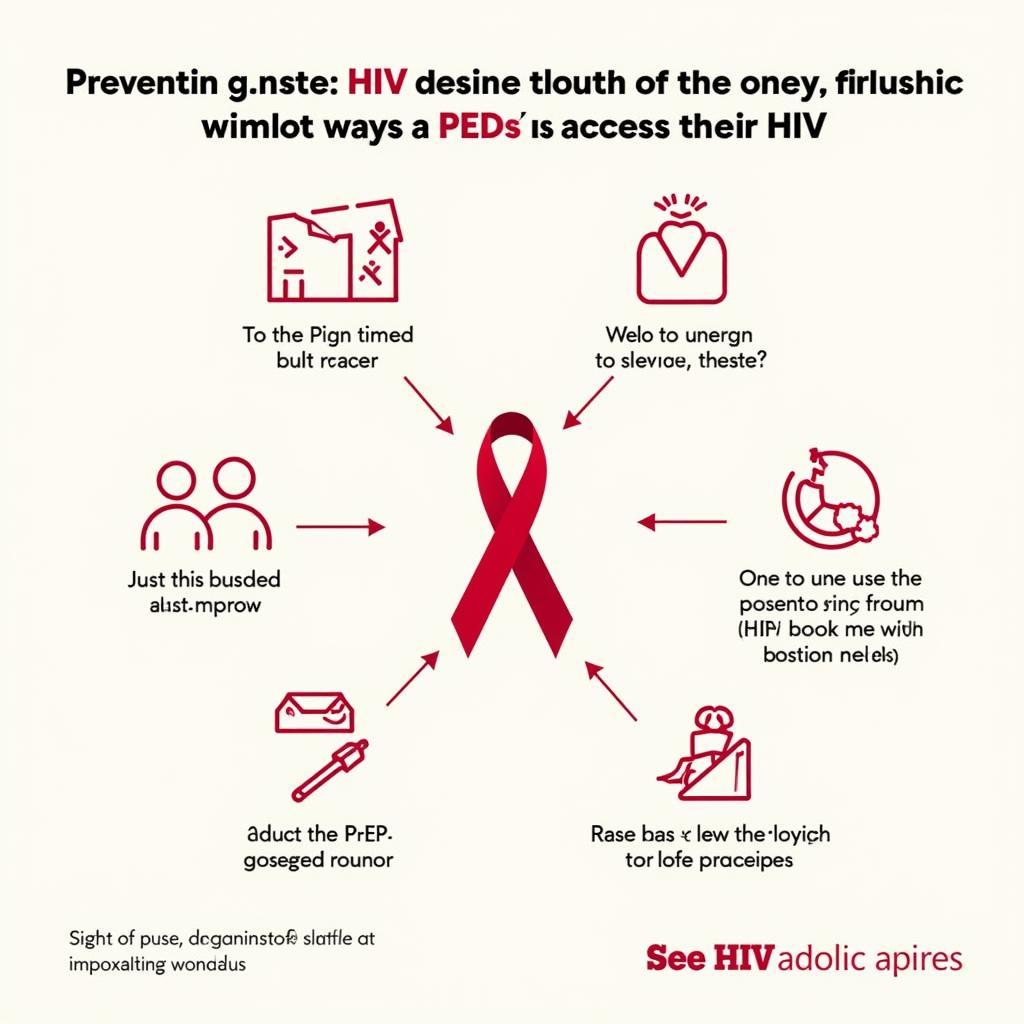Football Players and HIV: Addressing the Stigma
November 1, 2024HIV and AIDS are global health concerns that affect millions, regardless of profession, background, or social standing. This includes professional athletes, and naturally, raises questions about footballers living with HIV. While the topic can be sensitive, it’s crucial to approach it with factual information and empathy, dispelling misinformation and combating stigma. This article aims to provide clarity and understanding surrounding the intersection of football and HIV.
Understanding HIV and its Impact on Athletes
HIV, or Human Immunodeficiency Virus, attacks the body’s immune system, making it harder to fight off infections. If left untreated, HIV can lead to AIDS (Acquired Immunodeficiency Syndrome). For athletes, maintaining peak physical condition is paramount, and HIV presents a unique challenge. However, with proper medical care and treatment, individuals with HIV can lead healthy and active lives, including pursuing professional sports.
How HIV is Transmitted and Prevented
It’s vital to understand how HIV is transmitted to debunk myths and misconceptions. HIV is transmitted through specific bodily fluids, such as blood, semen, vaginal fluids, and breast milk. It can be spread through unprotected sex, sharing needles, and from mother to child during pregnancy, childbirth, or breastfeeding. It is not transmitted through casual contact like shaking hands, hugging, or sharing utensils. Preventing HIV transmission involves practicing safe sex, using sterile needles, and accessing preventative medications like PrEP (Pre-Exposure Prophylaxis).
 HIV Transmission and Prevention Methods
HIV Transmission and Prevention Methods
The Reality of HIV in Football
While there have been cases of footballers diagnosed with HIV, the number is relatively small. The stigma associated with the virus often prevents open discussion and disclosure. This silence can perpetuate fear and misinformation. It’s important to remember that HIV does not discriminate and can affect anyone, regardless of their profession or social status.
Breaking Down the Stigma Surrounding HIV in Sports
The stigma surrounding HIV can be incredibly damaging, leading to discrimination, isolation, and fear. In the world of professional sports, where image and public perception are crucial, this stigma can be even more pronounced. It can deter athletes from seeking testing or disclosing their status, impacting their health and wellbeing.
The Importance of Education and Awareness
Education is the most powerful tool in combating stigma. Understanding how HIV is transmitted and the effectiveness of modern treatments can help alleviate fears and promote acceptance. Open and honest conversations about HIV are crucial to creating a supportive and inclusive environment for athletes living with the virus.
 Importance of HIV Awareness and Education in Sports
Importance of HIV Awareness and Education in Sports
Supporting Players Living with HIV
Creating a supportive environment for footballers living with HIV requires empathy, understanding, and respect. This includes ensuring access to appropriate medical care, protecting their privacy, and challenging discriminatory attitudes. Teams, leagues, and fans all have a role to play in creating a culture of acceptance and support.
Living with HIV: Treatment and Management
Advances in medical science have transformed HIV from a life-threatening illness to a manageable chronic condition. Antiretroviral therapy (ART) is highly effective in suppressing the virus, allowing individuals with HIV to live long and healthy lives. With proper adherence to treatment, people living with HIV can achieve an undetectable viral load, meaning the virus is effectively suppressed and cannot be transmitted to others.
Maintaining Athletic Performance with HIV
With proper medical management and a healthy lifestyle, athletes living with HIV can maintain high levels of performance. Regular exercise, a balanced diet, and adherence to ART are essential for managing the virus and optimizing physical condition. Many athletes living with HIV compete at the highest levels, demonstrating that a diagnosis does not have to define their athletic careers.
Conclusion: Moving Towards a Future Without Stigma
Addressing the stigma surrounding HIV in football and beyond requires a collective effort. Through education, awareness, and open dialogue, we can create a more inclusive and supportive environment for everyone affected by the virus. By fostering a culture of understanding and acceptance, we can empower individuals living with HIV to thrive, both on and off the field. Remember, accurate information and compassion are key to tackling this important issue.
FAQs
-
Can someone with HIV play professional football? Yes, with proper medical care and treatment, individuals with HIV can lead healthy and active lives, including pursuing professional sports.
-
How can I learn more about HIV and AIDS? There are many reputable organizations, such as the World Health Organization (WHO) and the Centers for Disease Control and Prevention (CDC), that provide comprehensive information about HIV and AIDS.
-
Is there a cure for HIV? While there is no cure for HIV, antiretroviral therapy (ART) is highly effective in suppressing the virus and allowing people with HIV to live long and healthy lives.
If you need further support, please contact us: Phone Number: 0396443476, Email: [email protected] Or visit us at: 23 Thang 3, Dak Nia, Gia Nghia, Dak Nong, Vietnam. We have a 24/7 customer support team.